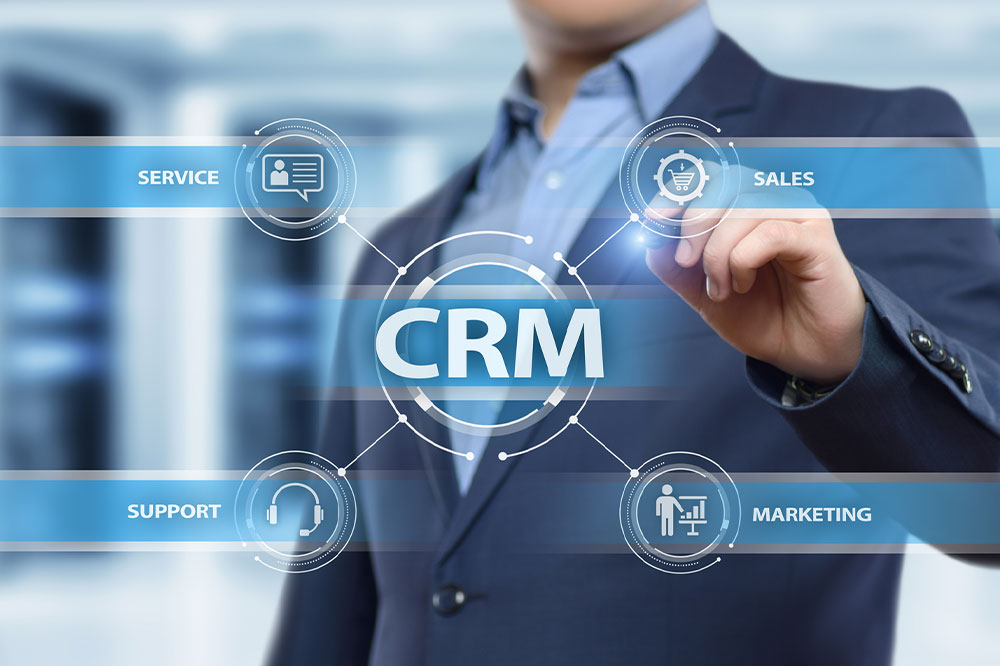
Must-have CRM and CMS software for a growing business
Online presence is a compulsion for businesses nowadays instead of an option. It is one of the most effective forms of increasing customer footfall for the company and drive sales. However, it is not necessary to build your website from scratch. Content Management Systems are tools that make website building and maintenance easier for small, mid-size, and large-scale businesses. But, you have to do some groundwork before choosing the right CMS and CRM platforms.
CRM platforms for your business
Salesforce
Salesforce is a great option for businesses that require a lot of customization with their CRM software. It can help manage sales, marketing, and IT functioning. It is a cloud-based software that can make accessing it from anywhere an easier job. Since it is easy to integrate with other programs, merging it with existing business systems is not a problem. The software can be used for free, however, it has limited features until you decide to opt for a paid subscription.
HubSpot
HubSpot is one of the most popular and commonly preferred CRM programs by all businesses irrespective of their size. The program has numerous free features that cover almost all of the business needs. HubSpot has one of the most convenient ways of centralizing data from various software providers. They also provide several free courses that help grow your business and spearhead marketing and sales campaigns.
Pipedrive
The Pipedrive software is an excellent option for companies looking for minimal input for maximum output. It helps organize businesses’ data to make analyzing sales better. Pipedrive improves the workflow of small and big organizations. It includes reporting, goal setting, google integration, contact history, and email integration. Priced at $14-$99 a month per user, it is an easy-to-use software that can make running businesses an easier task.
CRM software help keep track of the operations side of the business. CMS software, when combined with CRM platforms, can increase a business plan’s marketing and sales strategy more effectively. The two can work in tandem and drive greater profits. Although they can be integrated and complement each other, the two are very different.
CMS platforms to look into
WordPress
Chances are that you are familiar with the benefits of using WordPress. It is the most commonly used website development tool that enables you to save time while creating functional and mobile phone integrative websites. You can choose from a wide range of functions, tools, and themes to customize your business website.
Weebly
Weebly is among the content management systems that are known for their easy-to-use interface. Just like most other CMS software, Weebly has easy-to-install plugins that make adding heavier files like media to the website easy. It comes with different subscription plans that cater to different business needs.
Wix
This is a cloud-based web development program that makes creating mobile-based websites easier. It comes with drag and drops options and you can add other plugins to cut short the time for basic designing. It can also take care of operations like contact forms, email marketing, and eCommerce.


